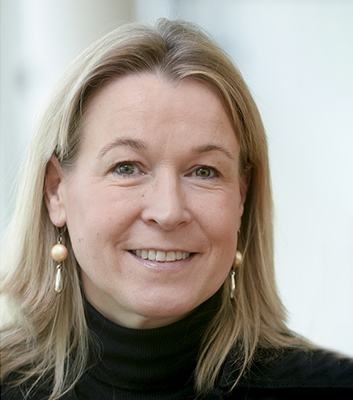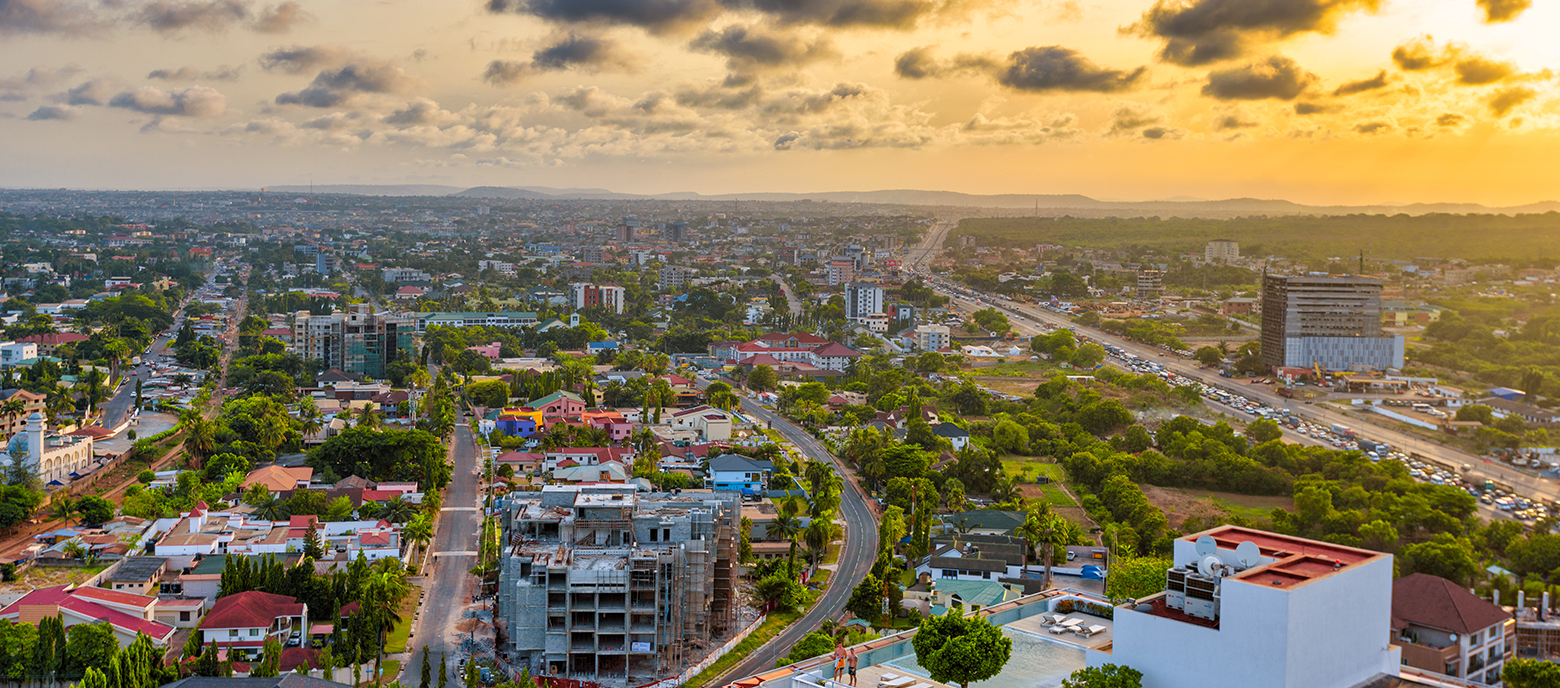guest column
A renewed EU-Africa partnership fit to the global context
A prosperous, peaceful and resilient Africa is an essential foreign policy objective of the European Union (EU): The EU is Africa’s first partner in many fields. It is its largest trade and investment partner, and the main supporter of the African Continental Free Trade Area. In 2018, total trade in goods between the 27 EU Member States and Africa was worth €235 billion – 32% of Africa's total trade. This compares to €125 billion for China and €46 billion for the US.

The EU is also the leading provider of Official Development Assistance (ODA) to Africa. It is the world’s leading provider of international emergency relief, long-term development support, conflict prevention and peacebuilding assistance. And the EU is determined to strengthen its relationship with Africa even more. The Von Der Leyen Commission has clearly made Africa one of its strategic priorities. In March 2020, the European Commission put forward a proposal towards a comprehensive Strategy with Africa. It identifies five key areas for deepened future cooperation between Europe and Africa. These are: (1) green transition and energy access, (2) digital transformation, (3) sustainable growth and jobs, (4) peace, security, governance and resilience and (5) migration and mobility. The proposal puts women and youth in the driving seat of growth, development and peace efforts.
Dialogues and exchanges between African and European stakeholders (even considering very difficult current circumstances) have been very active throughout the year, including public and private sector actors, as well as civil society representatives. Most notably the Commissioner for International Partnerships, Jutta Urpilainen, has engaged regularly and directly with youth representatives, to capture their ambitions for the Continent-to-Continent relationship. The new Strategy is to be adopted in due course. Due to the pandemic the exact date is still uncertain.
The pandemic makes the relation more relevant
Just two days after the EU launched its proposal towards a comprehensive Strategy with Africa, the COVID-19 outbreak became a pandemic. We now expect sub-Saharan Africa to face its first recession in 25 years. The effects of the pandemic will be felt for years, especially in the most vulnerable countries. Obviously, the immediate health response, as well as socio-economic recovery plans are high on both EU and African countries’ agendas.
In this context, the EU proposed strategy is even more relevant. The European Council of June confirmed that it represents an excellent basis on which to initiate the new ambitious partnership. Indeed, it calls for improved collaboration on building sustainable growth and jobs, education and skills, energy access, and the digital transformation, all of which will be more relevant than ever to help both continents recover. It also underlines the importance of working towards a green transition, with specific attention to biodiversity, forest conservation, protection and sustainable use of natural resources and climate change.
In the Global EU Response to COVID-19, the EU has already mobilised significant resources for Africa under a Team Europe approach, showing strong EU support and solidarity towards our partners in Africa to deal with this unprecedented crisis. The EU-reaction to the COVID-19 crisis confirms that the EU has a long-term interest in Africa’s stability and prosperity.
Building back better
The Coronavirus knows no borders; as long as it exists somewhere in the world, it remains a potential threat to public health everywhere. Fighting the pandemic together is in everybody’s interest. The economic threat of the Coronavirus requires an equally strong response.
Of course, urgent action and rapid support was and still is vital. However, it is essential that in Europe, Africa, and indeed all over the world, we take this opportunity to build back better. This is a time to reflect on the types of crises we face if we do not put the safety of our planet and our people at the heart of our growth plans.
Building back better is not just about crisis mitigation, but also about a vast array of opportunities for our economies and sustainable job creation. We believe that there is no sustainable recovery unless we consider debt relief and the green agenda as part of the equation. The EU strongly supports the Debt Service Suspension Initiative. It considers that debt relief should be coupled with financing and investment packages provided to our partner countries – and should come with a commitment to a green, sustainable and inclusive recovery.
